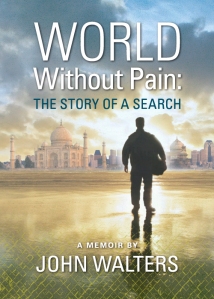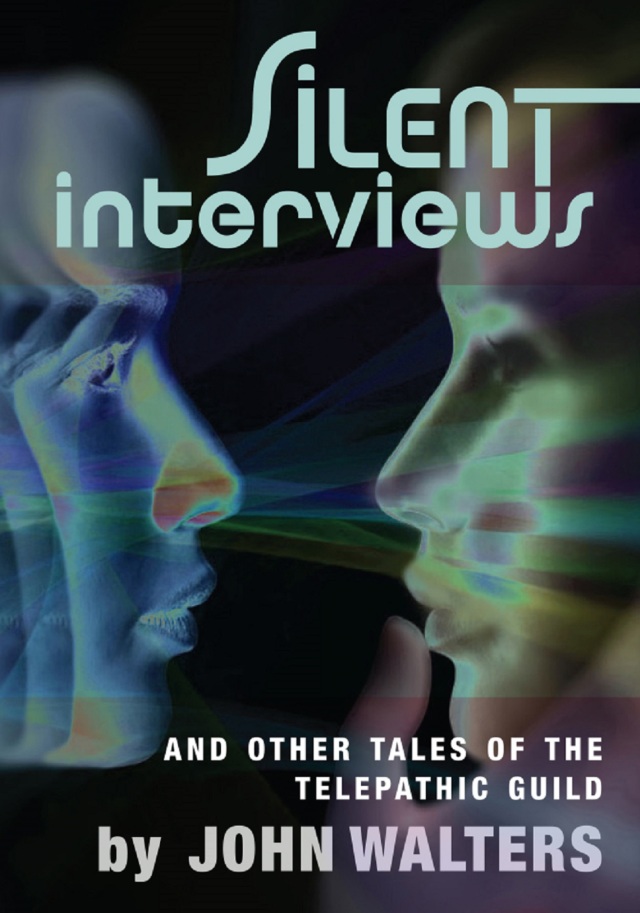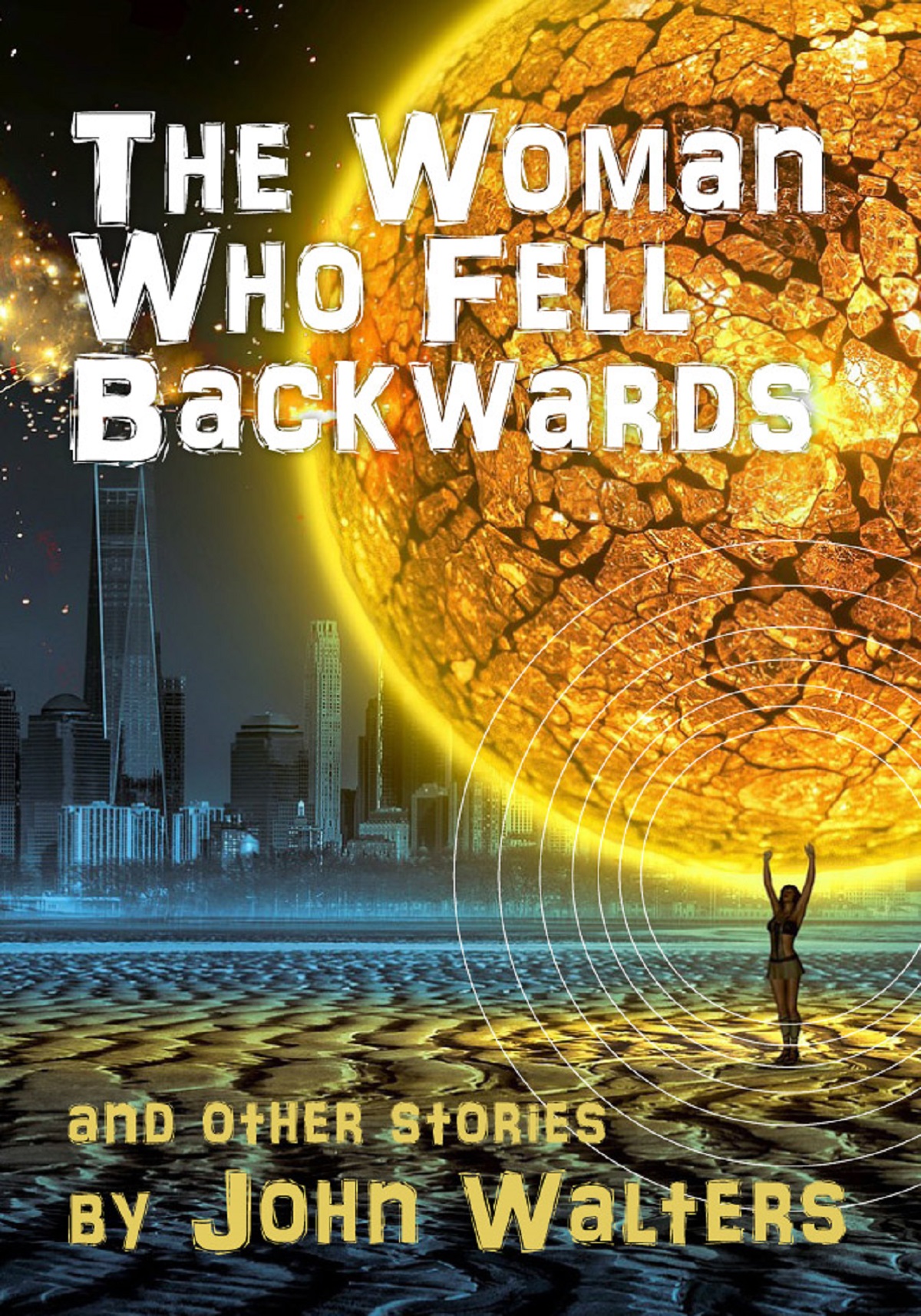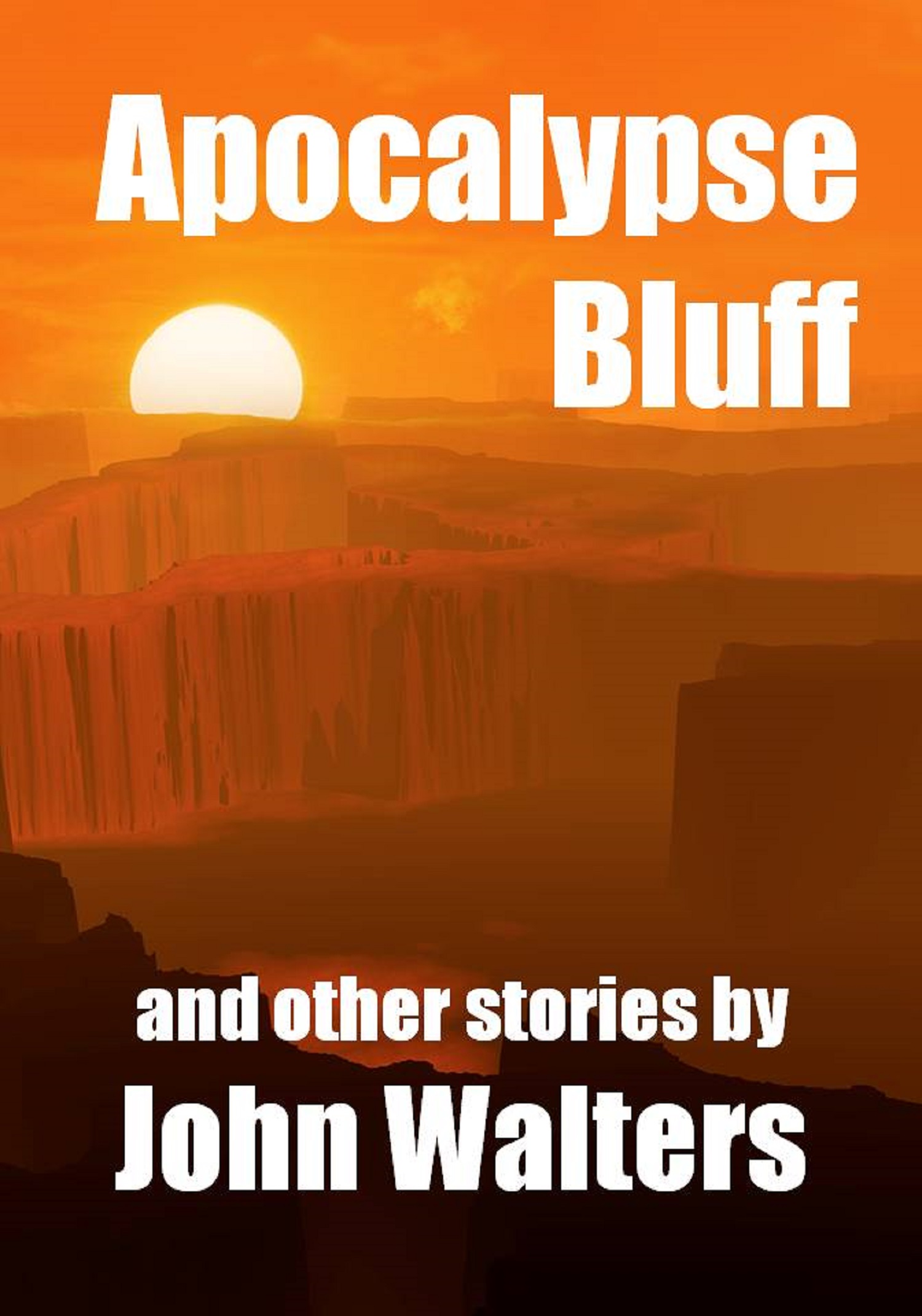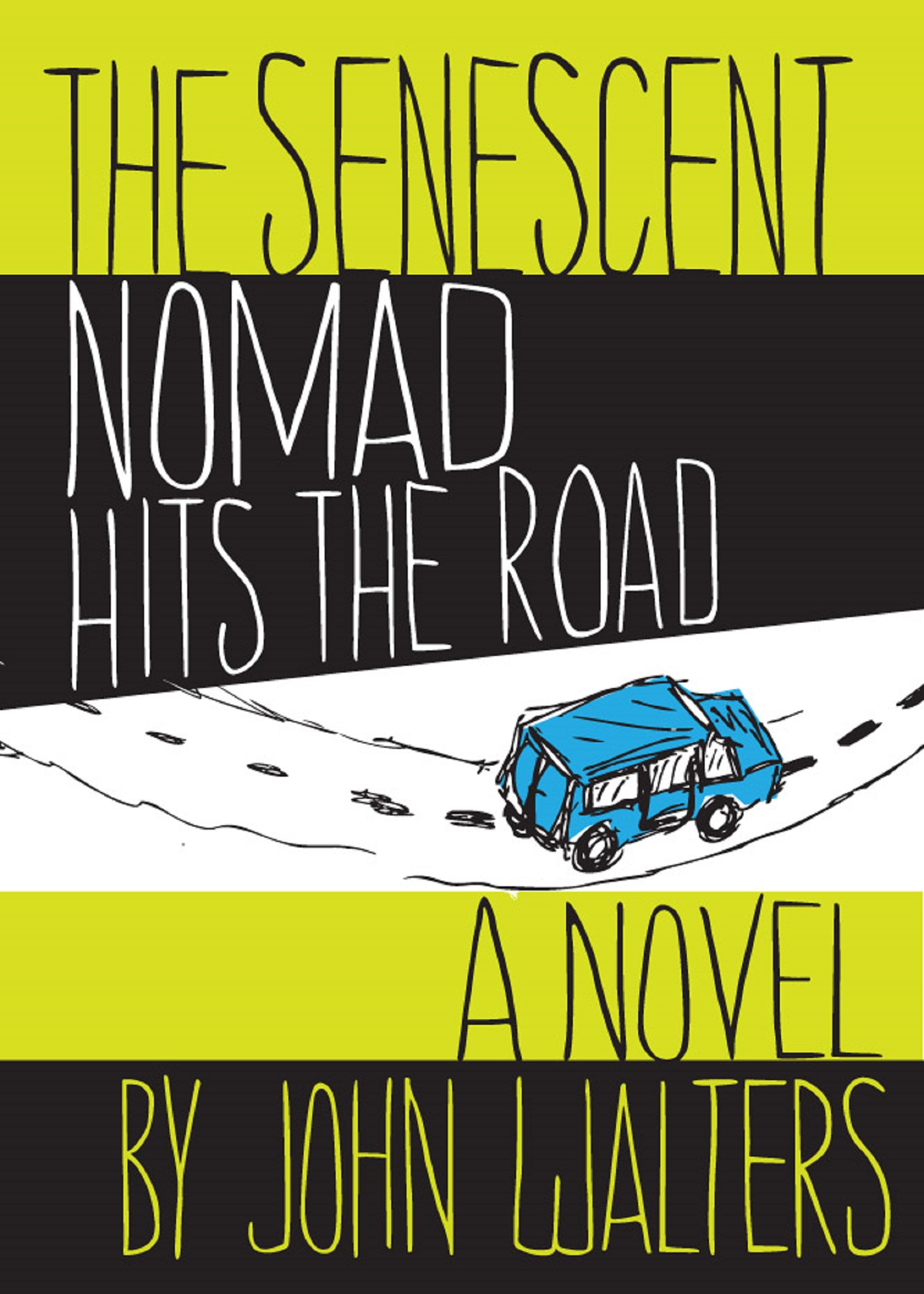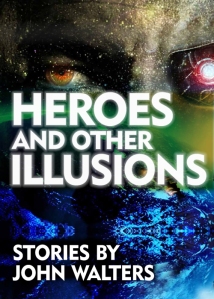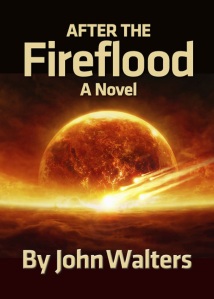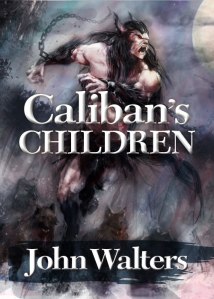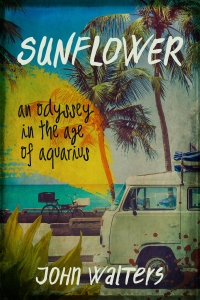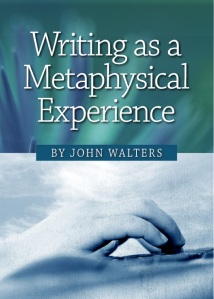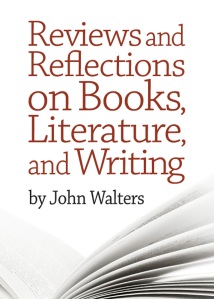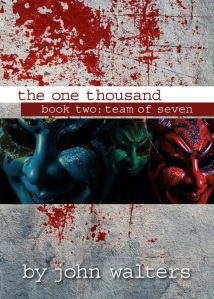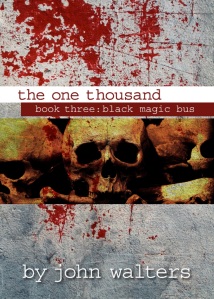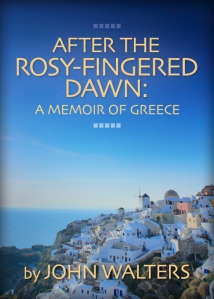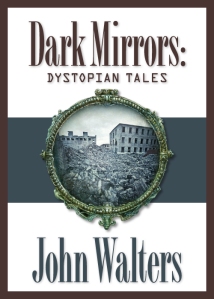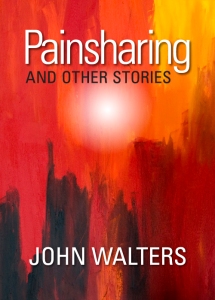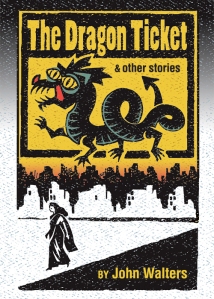I first read this book a few years ago when I was still living in Greece. I had found an old paperback copy in an obscure used book store on one of my infrequent visits to the States. At that time, I had been unable to find it through regular sales channels. It had been out of print for a long time. Now I think a new edition has been released. I hope so. Tempus fugit…
I returned to the book so soon again because I have recently reread some of Zelazny’s shorter works and got a renewed taste for his style. This is my favorite of the few novels of his that I have read. That old copy with yellowed pages found its way back into my hands.
If I seem flippant in this review, it is because I am very ill, and dizzy, and lightheaded. Though I had the annual flu shot a couple of months ago, it seems a non-vaccinating variety has caught up with me. I haven’t been sick in years, not even a cold, so this is a singular occurrence. I suppose, as such, I should make the most of it, and yet it is very uncomfortable. Still, while reclining in bed unable to work, I polished off this Zelazny classic. There’s a review of it in my essay collection “Reviews and Reflections on Books, Literature, and Writing” – but a few more things need to be said. If I repeat myself, forgive me. I have not refreshed my memory of the first review before writing this.
One thing I note about “This Immortal”, also known as “And Call Me Conrad”, is its brevity. It is a very short novel, at least by modern standards. Back then, in the 1960s, many novels were published at this shorter length. It allowed the writers the opportunity to say so much and no more, to display an economy of expression that lent itself to elegance. Strangely enough, it tied for the Hugo award with “Dune”, the first great sprawling volume of an endless series of great sprawling volumes of an endless Dune universe. “This Immortal” stands alone. It remains singularly unique, even today. Writers need that freedom, a freedom that has been wrenched from them by traditional publishing, which says that readers demand a bloated, overflowing abundance of words. A novel of this short length would have a hard time finding a publisher nowadays. There would be the demand to stuff it full of fluff, to expand it, to make it a series. Some concepts cannot be made into a series. Some entities stand alone, and this novel is one of them.
Thank God for self-publishing. Writers can write at any length they see fit, the right length to tell the story, without fear of approbation or censure. I have read articles by indie authors proclaiming the need to write at such-and-such a length, or to wind out series, one volume after another, in order to achieve success. This goes against everything of value in self-publishing. Not to say that stories cannot carry on into series length if the subject matter demands it, but a self-limiting, self-created mold of a certain length only is ultimately nothing less than a coffin. The great gift indie authors have been given is freedom – freedom to write at short or long length, with the story dictating its pace, its style, its length, and not some suits in fancy offices who make their decisions based upon dictates by the number crunchers.
Anyway, that’s one nice thing about “This Immortal” – it’s just the right length, and Zelazny did not demean it by trying to write an ill-begotten sequel.
Another thing that I enjoyed this time around is that it is largely about Greece, and Greek mythology. After all, I lived in Greece for over fifteen years, and I miss its blue skies and blue seas, the ancient flavor of its landscapes, and the joyful exuberance of its people. I would gladly go back for an extended visit someday…
It was great fun rereading “This Immortal”, and if you have never read it, give it a try – you are in for a singular treat.


